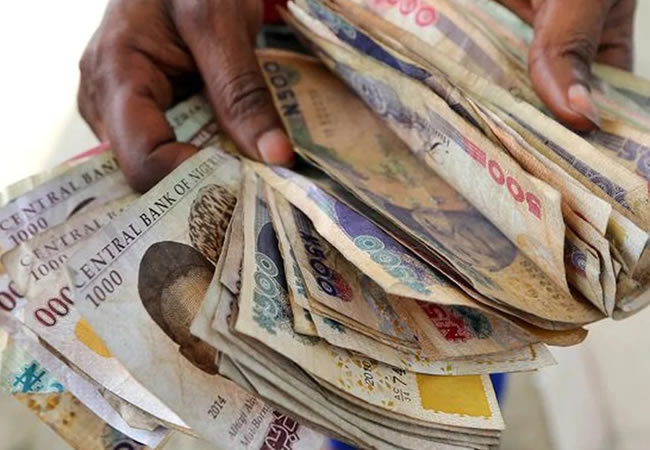The naira’s value has gotten worse as a result of the expanding imbalance between supply and demand for dollars in banks and on the black market. The naira fell from 860/$ to 960/$ at the parallel market as of Friday, losing N100 in less than three weeks.
The naira had previously traded at 471/$ in the Investor & Exporter window until the Central Bank of Nigeria allowed the naira to freely float against other world currencies in June. The naira, however, increased to 664/$ on June 14, a day after the regulator launched the local currency.
Although the naira traded in a narrow range in both the official I&E window and the parallel market, there was soon significant volatility in the black market. In Lagos, the local currency dropped to 925/dollar after surpassing the N900/dollar threshold last week.
The naira peaked on Friday at 799/$ before falling to a low of 740.60/$ in the I&E forex window. On the parallel market, however, the naira closed at 930 to the dollar in Lagos and 960 to the dollar in Abuja.
The occurrence occurred when banks were being hammered by a dollar shortage, with some institutions claiming that they lacked enough dollars to fulfill client demand. Currency merchants at the parallel market also lamented the lack of dollars.
According to bank authorities, money was being repatriated through banks after the CBN removed cash deposit restrictions on domiciliary accounts in June. He claimed that as a result, the demand for the dollar had outweighed the supply significantly.
“Some of the dollars are being repatriated through the banks but the demand is still higher than supply because everyone is still sourcing for dollar for imports, PTA, BTA, others,” an official of a lender, who chose to speak on condition of anonymity because he was not authorised to speak on the matter, said,
The President, Association of Bureau De Change Operators of Nigeria, Aminu Gwadabe, said liquidity squeeze in the FX market had continued to put the naira under heavy attack from speculators.
He said, “The dwindling supplies in the I&E window shifted the demand to the parallel market where volatility and spikes is most pervasive. The entire forex market is plagued by liquidity shortages.
“The banks, as a result of the supply shortages, are limiting their available position for the financing of visible letters of credit and abandoning the invisible request like PTA, school fees, medicals of their clients and inadvertently adding more pressure in the parallel market.”
He added, “As it is, most licensed BDCs due to their demand for KYC requirement have lost their clients to the parallel and undocumented space with no regulation and standardisation. It is indeed a difficult time for most of our members as we are excluded from the harmonised market.”
Proffering solutions, Gwadabe said Nigerians should aspire to have a stable exchange rate devoid of illegal economic behaviour like arbitrages, hoarding and panic buying.
“ABCON is desirous to partner the apex bank and the Federal Government for an elaborate dialogue and engagement to champion paths to naira recovery,” he said.
He added that the financial architecture should be reviewed to include BDCs in the harmonised markets. The monetary and fiscal authorities should create enabling environment and friendly policies, he said.











